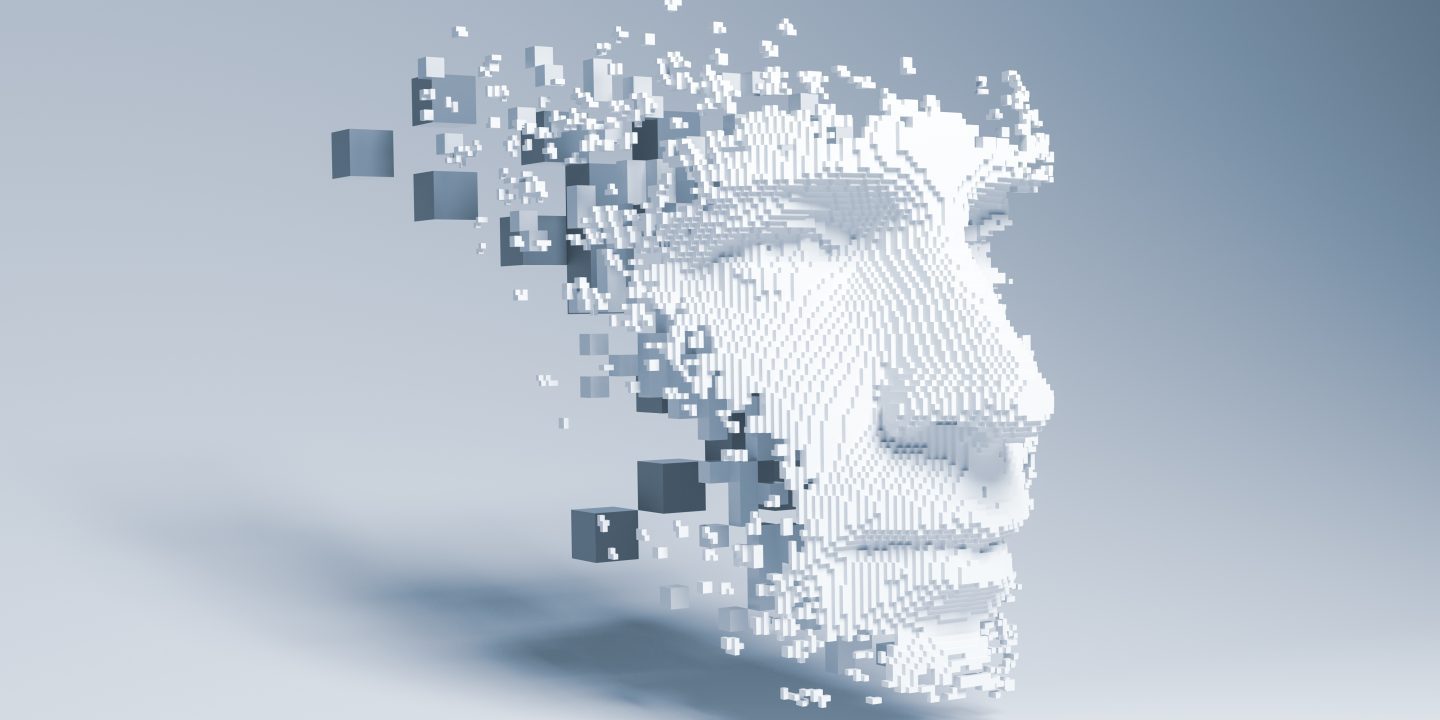The question of whether jobs will be at greater risk from robots and machines in the future has been raised for a long time. But it is only with the presentation of ChatGPT, a self-learning chatbot from US company OpenAI, in late November 2022 that we become aware of the true extent of this question.
Meanwhile, the technology group Google, which was challenged by ChatGPT, introduced its own chatbot “Google Bard.” With Luminous, German startup Aleph Alpha is also trying to enter the race for dominance in the field of artificial intelligence.
The potential of this area seems to be so highly appreciated by the tech giants that Microsoft made an announcement in January this year to promote “Openaai” (following investments already made before).
Bill Gates: Don’t worry
However, according to Microsoft founder Bill Gates, there is no reason to worry. At the European Digital Conference in February, the billionaire said that artificial intelligence would not put jobs at risk, at least in the near future. On the contrary, AI can help us “focus on more important aspects of the job.”
But not all experts seem to share Bill Gates’ opinion. According to the World Economic Forum’s 2020 “Future of Jobs Report”, AI could replace up to 82 million jobs worldwide by 2025.
Writing speeches for birthday celebrations and weddings seems to be something ChatGPT has mastered.
There’s even a website that calculates – based on surveys and the skills required for the job – the likelihood of robots replacing humans.
But what concerns me personally and of course as a rabbi is another question: Can artificial intelligence replace rabbis in the future? ChatGPT seems to be excellent at writing commentaries on the weekly Torah portion or sermons at religious events such as Bar Mitzvah celebrations and weddings.
A New York rabbi recently gave a speech generated by ChatGPT to his congregation and asked his audience to guess who they thought the speech came from. Ironically, most people guessed that Lord Rabbi Jonathan Sacks was of blessed memory. Perhaps the chatbot was fed sermons by the former Chief Rabbi of the UK?
One might also think that AI chatbots are superior to us rabbis when it comes to making halachic decisions. You can access a massive database of halachic texts and responses and process vast amounts of information. There is now also a chatbot called AI Rabbi, which is trained in Jewish texts and specializes in answering questions related to Judaism.
»Paskenen« – making complex decisions in Islamic law
However, “paskenen,” i.e. making complex halakhic decisions, is about more than simply citing a list of halakhic sources. The rabbi must weigh all the details and possible consequences of the situation, taking into account the spiritual level of the questioner. “Basak” is an individual decision made for a specific person at a specific time and in a specific situation. It is doubtful that artificial intelligence will reach this level of development.
ChatGPT and AI Rabbi seem to realize this as well and refuse to answer Sharia questions with the following statement: » As an AI, I cannot provide answers to Sharia questions. Halacha is a complex and nuanced field of study that requires a deep knowledge and understanding of the Torah, Talmud, and other Jewish legal texts, as well as the principles and guidelines that govern Jewish religious practice.
The AI further explains: “Although I am trained in a variety of texts and topics, including Jewish law and tradition, my knowledge is limited to what I have been trained in, and therefore I am not qualified to make judgments or provide information.” Definitive answers to halachic questions. I recommend seeking advice from a qualified rabbi or other religious authority regarding kosher matters.
But even if artificial intelligence reaches the necessary level, it will not be empowered to make halakhic decisions. For as Rabbeinu Nissim of Girona (1320-1380) wrote based on the Talmud (Tractat Baba Mezia 59b), since the Torah was delivered at Mount Sinai, halakhah can only be determined by human reason. Even if artificial intelligence were able to completely imitate human thinking, its religious decisions would not be valid and binding.
In addition, AI lacks the “Siata DeShmaja” (heavenly support) that helps Islamic decision-makers make the right decision (see Talmud Tractate Ketubot 60b). It’s similar in medicine: although AI is being used effectively in medical research, for example in evaluating mammograms, there are still cases where doctors prefer to rely on their intuition.
A rabbinic confidant cannot be replaced by a machine.
But there is another reason why rabbis cannot be replaced by a machine, and this reason is perhaps the most important. In addition to giving sermons and answering halachic questions, the rabbi is primarily a confidant. He has an open ear to his parishioners and supports them with advice and support.
Friends and followers on social media
Especially in the digital world we live in today, where you have thousands of friends and followers on social media, many people feel lonely and long for someone to listen to them and show them understanding and compassion.
The Midrash (Shemot Rabba Chapter 2) states that Moshe was chosen as the Redeemer and Leader of the Jewish people because he selflessly cared for his flock as a shepherd.
The further development of artificial intelligence is undoubtedly the focus of scientific and social interest. There is no doubt that artificial intelligence will reach milestones over the next few years that we never dreamed of. However, there is no doubt in my mind that machines will completely take over the rabbi’s work.
The author is a rabbi and lecturer at the rabbinical seminar in Berlin. This text was written without artificial intelligence.

“Alcohol buff. Troublemaker. Introvert. Student. Social media lover. Web ninja. Bacon fan. Reader.”







More Stories
frap | An American company buys the Crans Montana ski resort
“A ban would destroy seven million businesses” » Leadersnet
What are the opportunities available to the company?